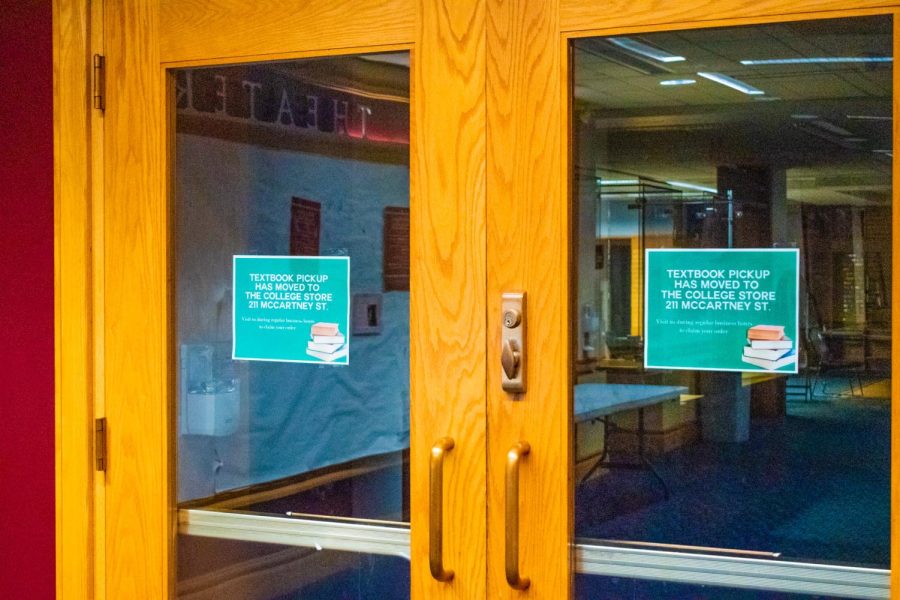Many Lafayette students are experiencing delays in receiving their textbooks from the college store. Supply chain issues, higher demand, the effects of COVID-19 on the workforce and late orders are likely to blame.
“I ordered my textbooks a day or two before classes started, they said they were all going to be here by September 12th, it’s now September 19th and I only have a couple of them,” Colin O’Shea ’25 said.
O’Shea isn’t the only student who is experiencing this issue. Others have also experienced delays due to back orders and incorrect book titles provided to the college store.
“I ordered my books probably two weeks before school started because I wanted them to all come on time. One of them was back ordered. One week into school the company – the supplier – emailed me, and they said they had posted the wrong title for the book, so they refunded me for it and said I’ll have to buy a new one,” Victoria Laccetti ’25 said. “And when I went to buy the new one, I had to pay for shipping and if I wanted it to come, it would have been like an extra $20 if I wanted it to come before my next class.”
Pete Violante, assistant manager of the college store, said that there are a variety of factors that can lead to a backlog in textbook orders.
“Some of it’s supply chain, some of it is demand,” Violante said. “Sometimes there’s a higher demand for books than normal depending on the students who are registering for classes and stuff like that, sometimes there’s over-registering or sometimes we’re not prepared for as many books as we need.”
In the past two years not only has Covid affected the supply chain and demand for books, but increased enrollment at colleges, including Lafayette, likely played a role.
“There’s not as many available, so they aren’t just supplying us, they are supplying hundreds of campuses all over the United States. So the supply of textbooks isn’t what it once was because a lot of colleges are over-enrolling their classes, so everybody’s having the same issues,” Violante said. “You have more students, class sizes are growing, less textbooks to go around, and supply chain issues and workforce, too, is a problem for publishers because they don’t have the workforce anymore to ship these textbooks out.”
Violante also mentioned that professors putting in late textbook and course material requests in the summer are to blame.
“We want them all in by the middle of May, but sometimes there are stragglers, which also affects things because once we start getting them after that point it’s just harder to find those textbooks and to get them available for you guys,” he said.


























































































































